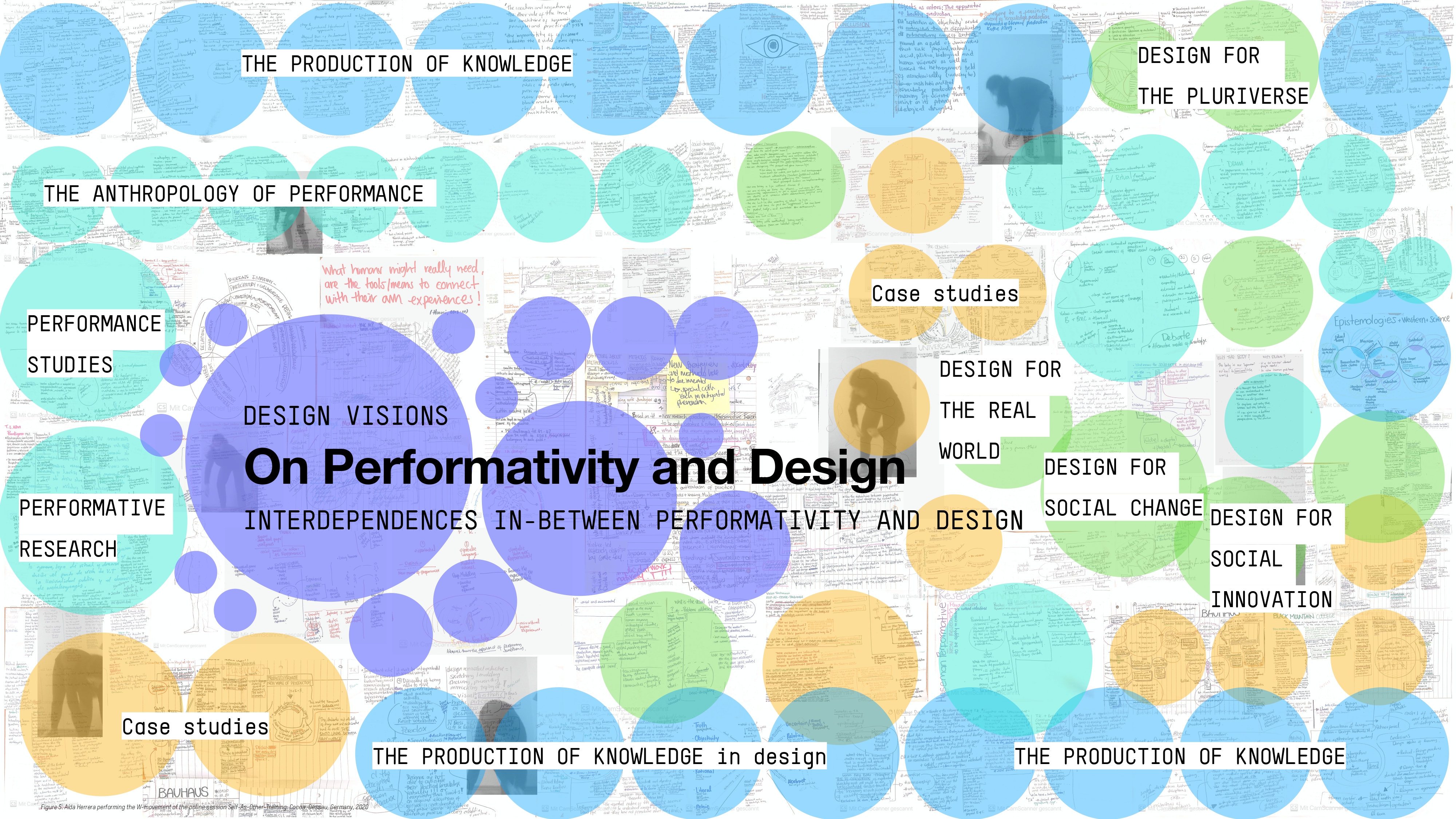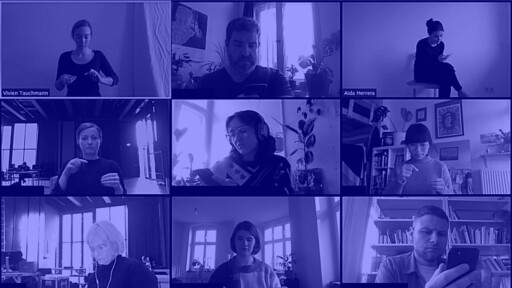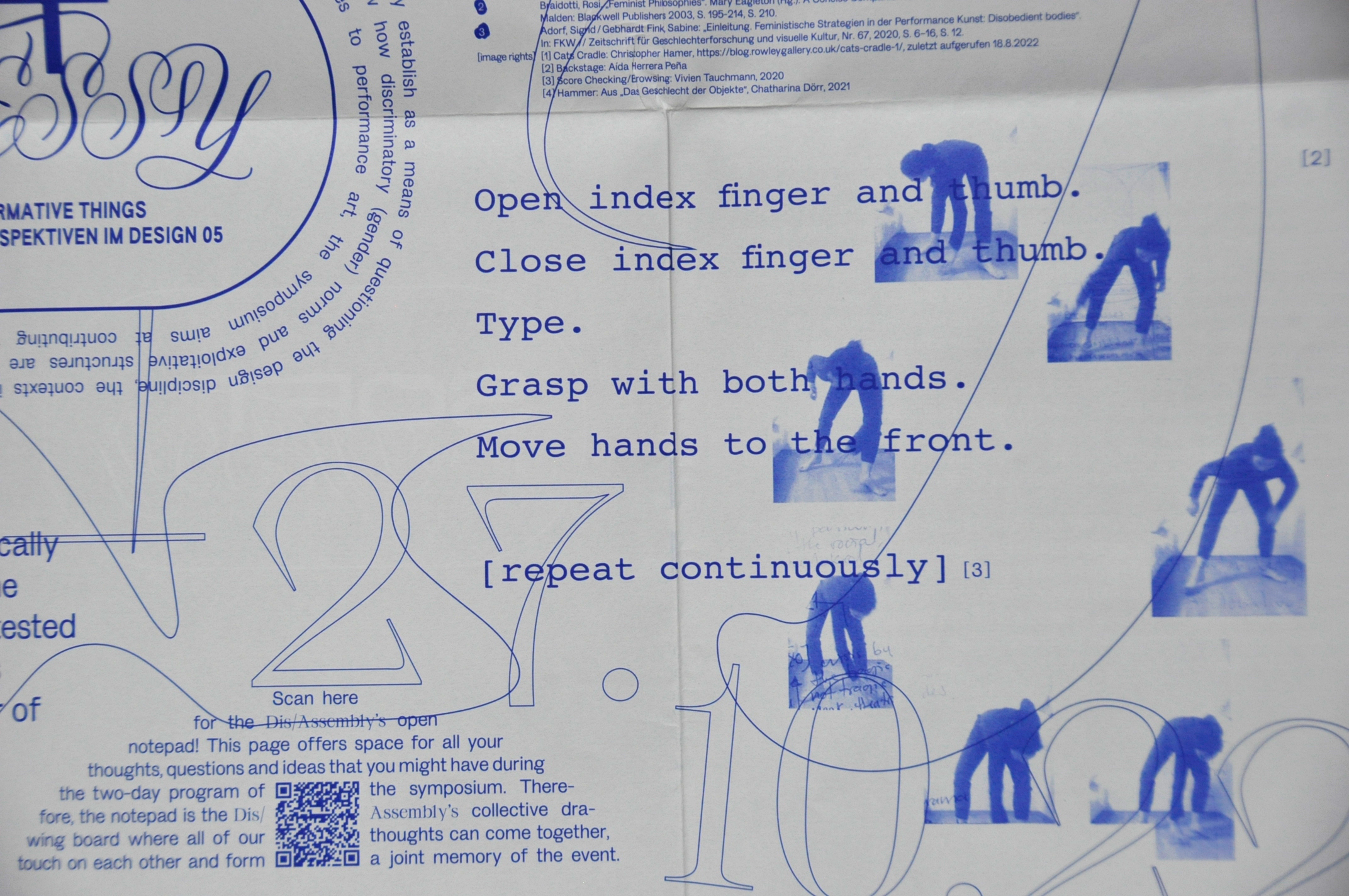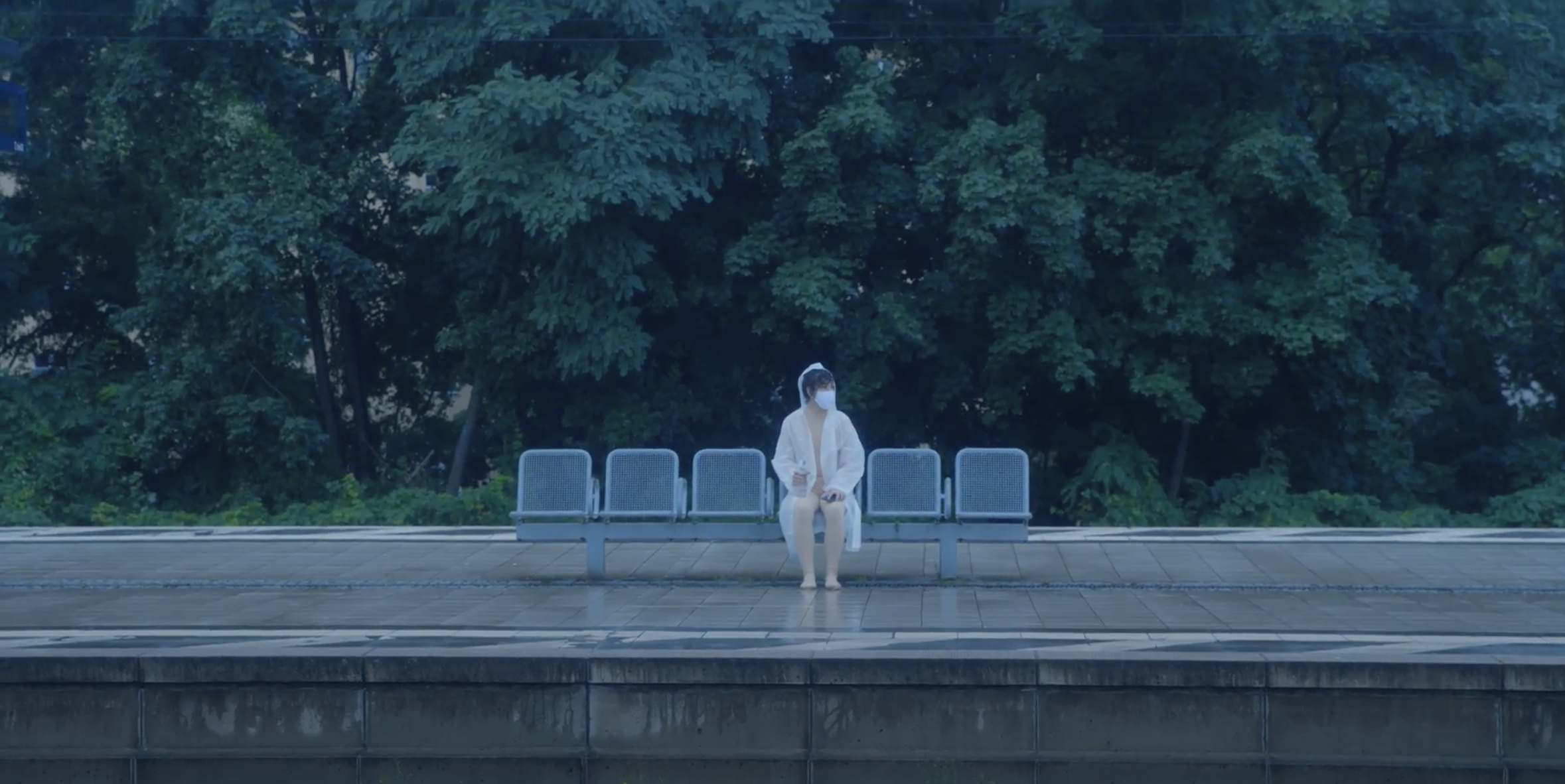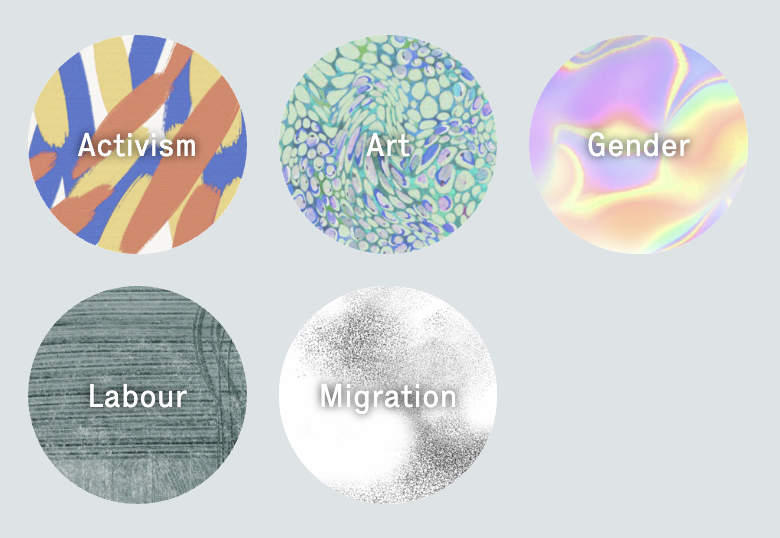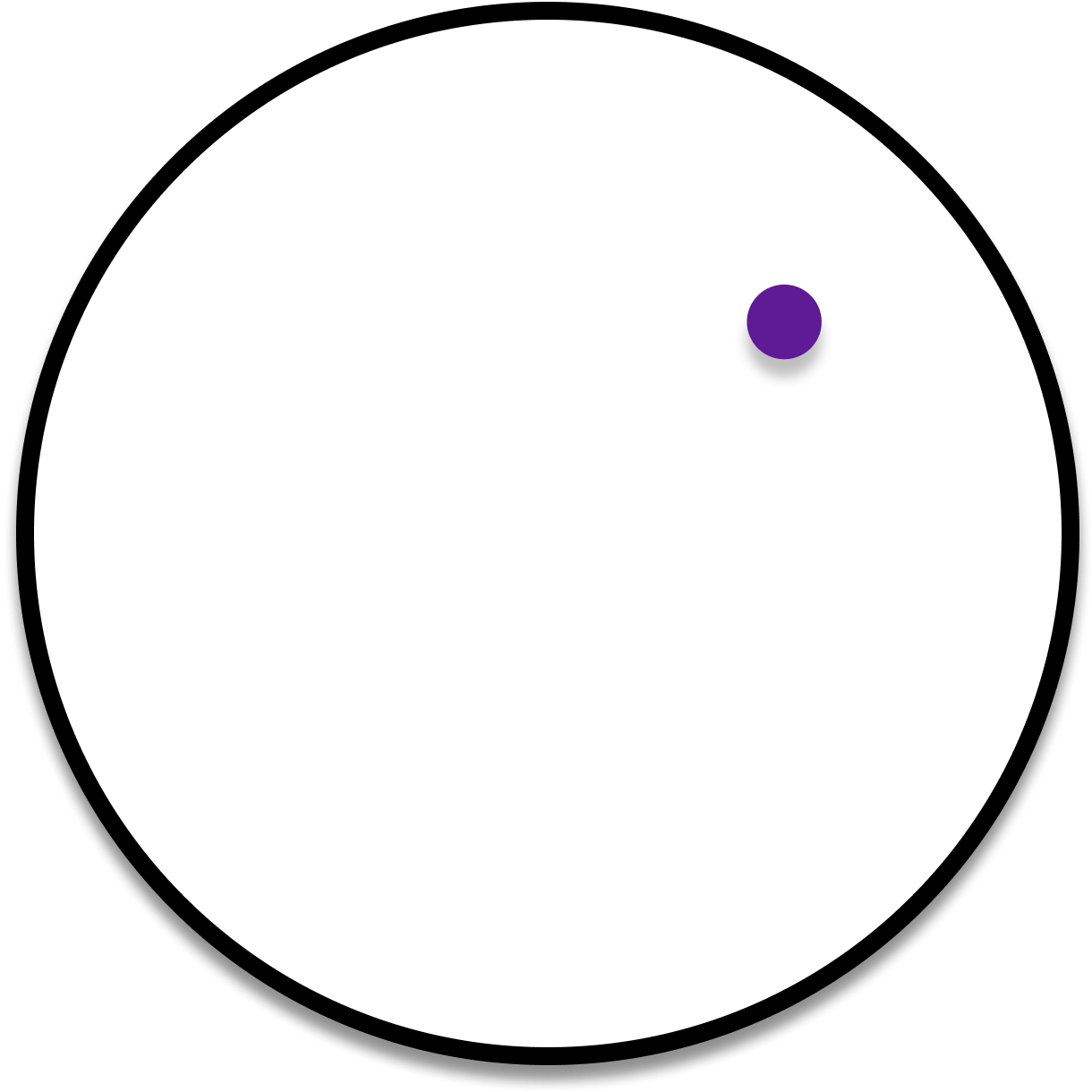CONTEXT & USER RESEARCH
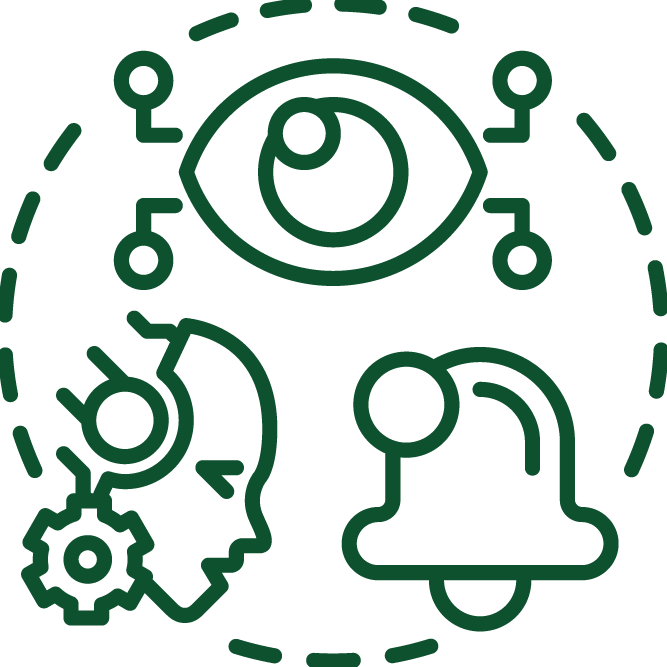
For teams exploring new markets, validating product and services ideas, or seeking human-centered insights beyond purely quantitative data.
WHY USER RESEARCH
![]()
To create something that truly resonates, you must first understand the world of your audience. This service goes beyond standard analytics to uncover the deep, often unarticulated, cultural and social factors that shape human behavior.
I work closely with teams to understand people as humans with stories, cultures, and emotions that shape what they need and value.

To create something that truly resonates, you must first understand the world of your audience. This service goes beyond standard analytics to uncover the deep, often unarticulated, cultural and social factors that shape human behavior.
I work closely with teams to understand people as humans with stories, cultures, and emotions that shape what they need and value.
HOW DOES IT WORK
![]()

My approach is hands-on and immersive: I step into real contexts, listen deeply, and sometimes use movement, performance, or creative experiments to surface what numbers can’t show.
Every project begins with the right questions and a research design shaped for your context. What I deliver are insights that moves you, stories you remember, and a clear direction for action.
Every project begins with the right questions and a research design shaped for your context. What I deliver are insights that moves you, stories you remember, and a clear direction for action.
Ready to understand your users on a deeper level? Let's design a research plan to uncover the insights you need.
Book a Discovery Call
STRATEGIC & CO-CREATIVE WORKSHOPS

For leaders, teams, and networks navigating change, complexity or looking unlock creativity.
Some challenges can only be solved when you bring the right people together in a carefully designed space.
I design and facilitate high-impact workshops, meetings, and convenings that move beyond discussion to build trust, unlock creativity, and drive critical decisions.
Methodological Frameworks: Systems Thinking, Design Thinking, Human-Centered Design, Embodied Knowledge, among others.

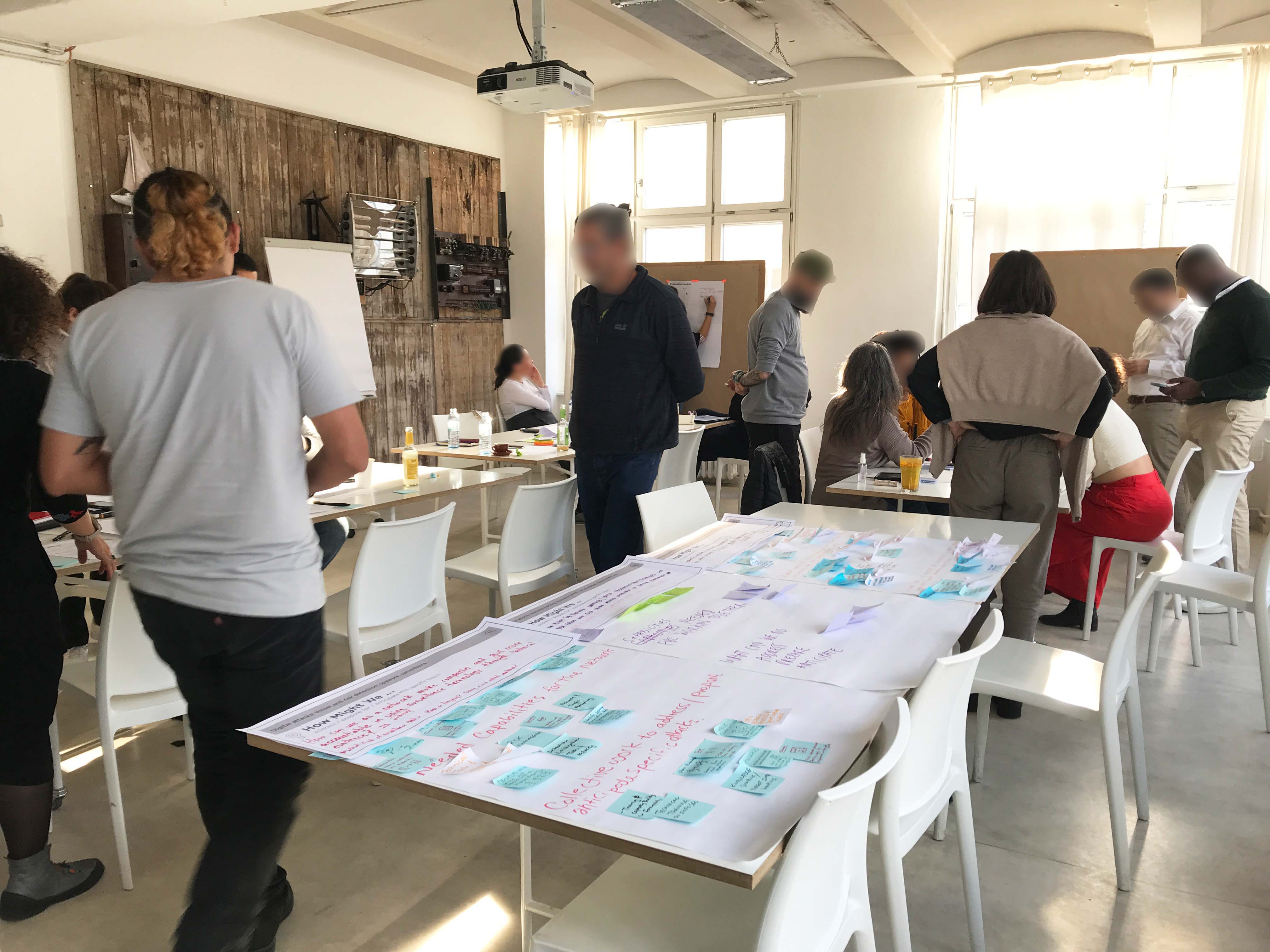

Ready to dive into your challenges? Let's debrief your needs and goals to plan the most suitable setting and methods for you!
Book a Discovery Call
SYSTEMS DIAGNOSTICS & STRATEGY
This service is for founders and organizations who feel stuck or unstructured and need to translate their vision, products and/or services into a clear, actionable, and resilient strategy for the future.
When your organization is facing a complex challenge— e.g., from an unclear value proposition to declining engagement—the solution lies in understanding the entire system. This is a holistic deep dive to diagnose core issues and co-create a resilient strategy for the future
Let’s chat
I’d love to hear from you. Whether you have questions, or are ready to get started on your system diagnostics & strategy design journey, don't hesitate to reach out.


